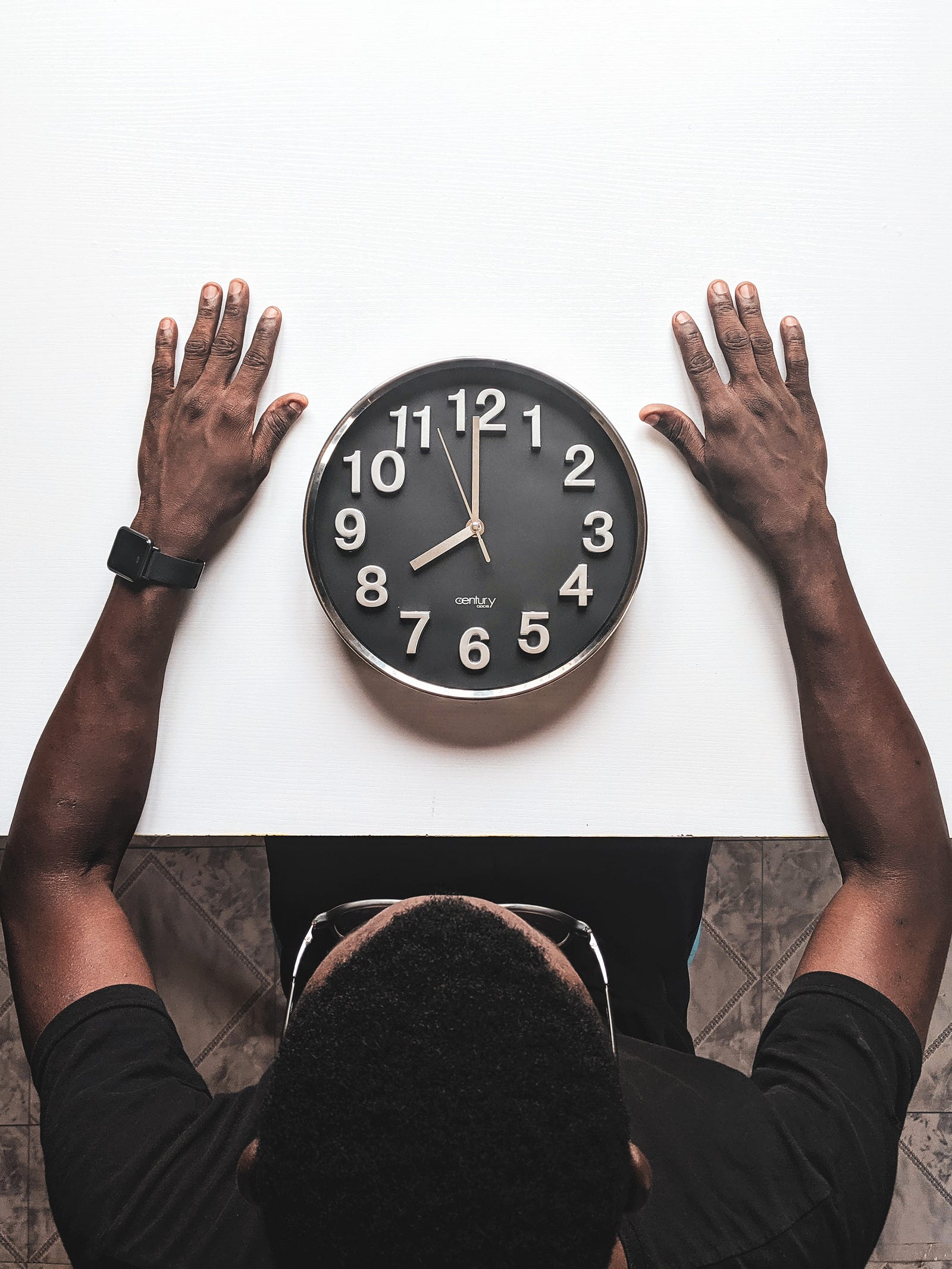Biologic rhythms in COVID-19 vaccine effectiveness.
COVID-19 MRNA VACCINES MAY BE MORE EFFECTIVE at preventing infections if doses are received around the middle of the day (instead of other times). Today we explore vaccine & time of day.
The COVID-19 pandemic has devastated the world, causing millions of deaths and severe illness, disrupting economies, and altering daily life in unprecedented ways. In response, scientists and public health officials have worked tirelessly to develop safe and effective vaccines to protect against the virus.
Vaccines have been an extraordinary feat of science and collaboration, with multiple vaccine candidates being developed and authorized for emergency use within a year of the pandemic’s onset.
The COVID-19 vaccines work by training the immune system to recognize and respond to the virus that causes COVID-19, known as SARS-CoV-2. They do this by introducing a harmless piece of the virus (such as a piece of its protein or genetic material) into the body, which triggers an immune response.
This response helps the body recognize and fight the virus if we encounter it again. The COVID-19 vaccines are highly effective in clinical trials. Regulatory agencies worldwide have authorized it for emergency use.
A new study suggests that COVID-19 mRNA vaccines may be more effective at dipping infection risk if doses a subject receives the jab around the middle of the day.
COVID-19 Vaccines and Time of Day
Here are the results of a study from Washington University School of Medicine (USA):
COVID-19 mRNA vaccination may be more effective at preventing infections if doses are given mid-day rather than at other times.

Why might vaccination effectiveness be linked to the time of day? Researchers think that the circadian rhythm — 24-hour cycles that are part of the body’s internal clock, running in the background to carry out essential functions and processes — affects the body’s response to the vaccine.
Moreover, the correlation between mid-day vaccination and maximum effectiveness appeared strongest in children, teenagers, and adults over 50.
Covid Vaccines & Time of Day: New Data
The study included information from over 1.5 million individuals over age 12. All were enrolled in an Israeli health insurance plan, with almost everyone receiving the Pfizer mRNA vaccine.
In Israel, the fourth dose (or “second booster”) was offered only to immunocompromised patients and older, healthy adults. Here is how the researchers divided the day for their analysis:
- Morning. 8 a.m. to noon.
- Afternoon. Noon to 4 p.m.
- Evening. 4 to 7 p.m.
Among immunocompromised and older adults, each of whom had received a fourth vaccine dose, the scientists noted more hospitalizations among those who had received the fourth shot after 4 p.m. In summary, the benefits of daytime vaccination appeared concentrated in those under 20 and over 50.
Depending on the subject age, the vaccine effectiveness improved from nine percent to 25 percent when given around mid-day (compared with evening administration).
I wondered what this meant in absolute terms; fortunately, the authors offer this: If we moved 18 to 55 people from the least favorable time (4 to 7 p.m.) to the most favorable (10 a.m. to 2 p.m.), we would prevent one post-vaccination infection.
Key points — Covid Vaccines: Time of Day Matters
Question. Does COVID-19 vaccination time of day affect effectiveness?
Findings. Limited evidence from a large insurance population study in Israel suggests that COVID-19 mRNA vaccination may be more effective if doses are given around mid-day rather than at other times. This observation appears especially true for those under 20 or over 50.
Meaning. Researchers report a significant association between the time of COVID-19 vaccination and its effectiveness. This finding might have implications for mass vaccination programs.
If you know someone with breast cancer, here is my comprehensive online course:
Breast Cancer – What a Patient Needs to Know
breastcancerbydrhunter.thinkific.com.
The information I provided in this blog is for educational purposes only and does not substitute for professional medical advice. Please consult a medical professional or healthcare provider for medical advice, diagnoses, or treatment. I am not liable for risks or issues associated with using or acting upon the information in this blog.
Thank you for reading “Covid Vaccines: Time of Day Matters.”




